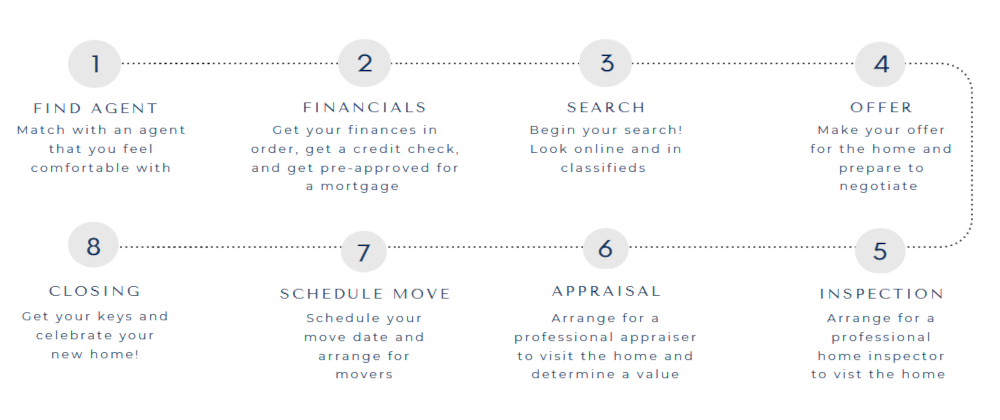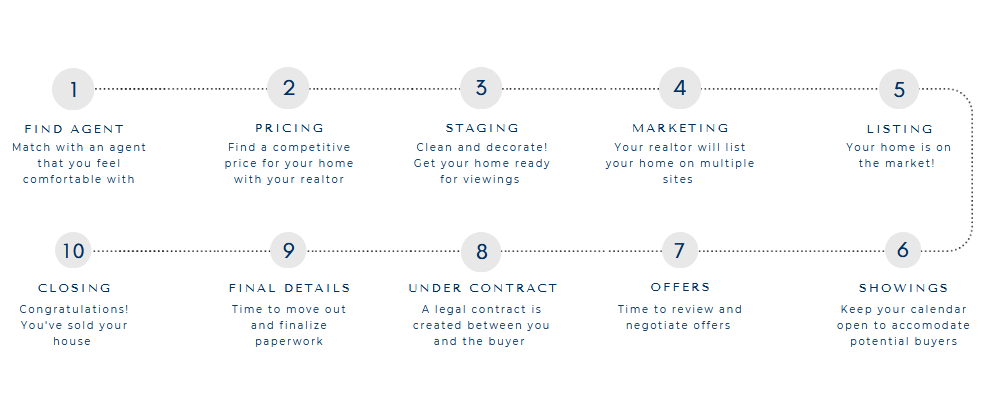Home Buying by the Numbers – Financing
LENGTH OF TERM
Thirty-year terms are quite common.
Most mortgage loans, whether fixed rate or adjustable rate mortgages, are amortized over a thirty-year period. This seems to be an industry standard as thirty years is a nice long period for someone to pay off a big amount of money, but not such a long term that the loan seems like it will never be paid off. Thirty year terms work well for many people because the monthly payments are less than if the term was for fewer years, and unless your lender has some sort of pre-payment penalty fees then you can pay the loan off as if it were amortized for a smaller amount of years while still having the option of occasionally paying the set amount if you need the extra money one month for an unexpected expense. Thirty years can seem impossibly long to some buyers, though, and for many people the thought of signing away thirty years of payments can simply make their stomach turn.
Fifteen-year terms are gaining popularity.
Not everyone likes the idea of a thirty-year term, and fifteen-year terms are very popular for fixed rate loans. This sort of amortization forces the buyer to pay off the loan in half the time it would have taken them if they had gone with a traditional thirty-year loan. The payments on a fifteen year loan will be higher than with a thirty year loan, but surprisingly they will not be that much higher. When you are applying for a mortgage loan you can have the mortgage consultant run the figures for both terms – either thirty or fifteen – and see which one is doable.
There are other terms available.
Lenders are answering the cry of borrowers who feel that thirty years is too long yet fifteen years is too short by offering a twenty-year amortization. This can be a happy medium for borrowers who cannot quite afford a fifteen-year term yet whom are also put off by the idea of paying for a mortgage for thirty years. Some lenders have other amortization terms such as a ten year loan, but it is important to remember that as long as your lender does not charge a prepayment penalty you can always pay extra towards the principal balance each month and pay the loan off in as many years as you want. Use one of the many calculators available online or have a mortgage consultant run the numbers to see how much extra you would need to pay to have the loan paid off in fewer years than your loan is amortized. You may be surprised at how little extra money it will take.
Have you ever heard of a prepayment penalty?
You would think that lenders would really appreciate people making their payments ahead of schedule, but in fact the opposite is true. Every time you pay some extra money towards the principal payment it reduces the amount of time you will have your loan, no matter how little. The less time you have the loan the less interest you will have to pay, and therefore this is why some lenders discourage people from paying their loans off earlier than scheduled. You need to make sure that the lending company you go with does not have any sort of prepayment penalty because you may find that at the end of your mortgage, if you have made any extra payments, you will be faced with the decision to either wait it out until the end of the scheduled terms or rather to pay what can sometimes be a hefty penalty to pay off the loan sooner than expected.
To add insult to injury, some lenders consider a refinance of a mortgage loan to be a prepayment, so if interest rates drop considerably and you would like to refinance your loan at a lower rate the company is going to hit you with the prepayment penalty fee. The best way to avoid this is to simply refuse to finance with a company that uses these sorts of tactics. The more reputable lending companies do not generally have these sorts of fees, but you should still ask. If they tell you they do indeed have a prepayment penalty then it is time to find a different lender. It doesn’t matter if you can’t envision yourself ever paying the mortgage loan off early. Circumstances change and you don’t want to get caught in a bad situation. Besides, it just seems silly that you might have to pay someone extra money simply to pay them off early. Avoid this sort of thing as best you can.





Responses